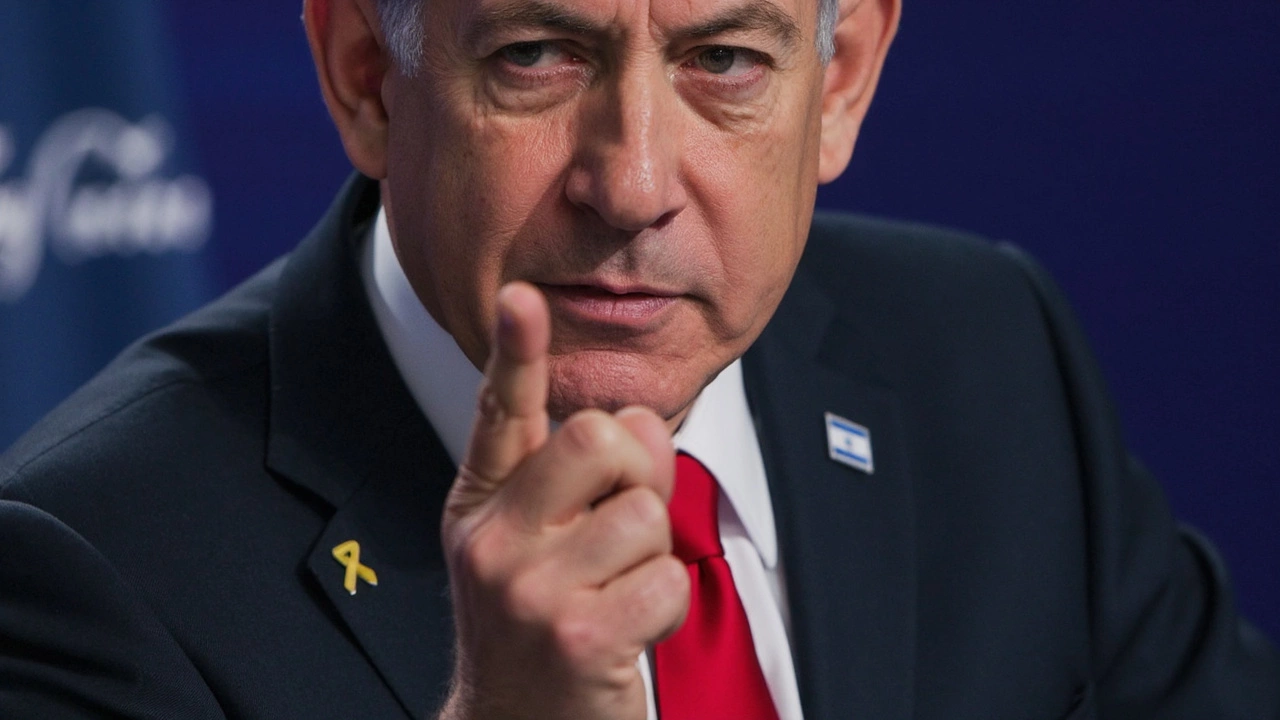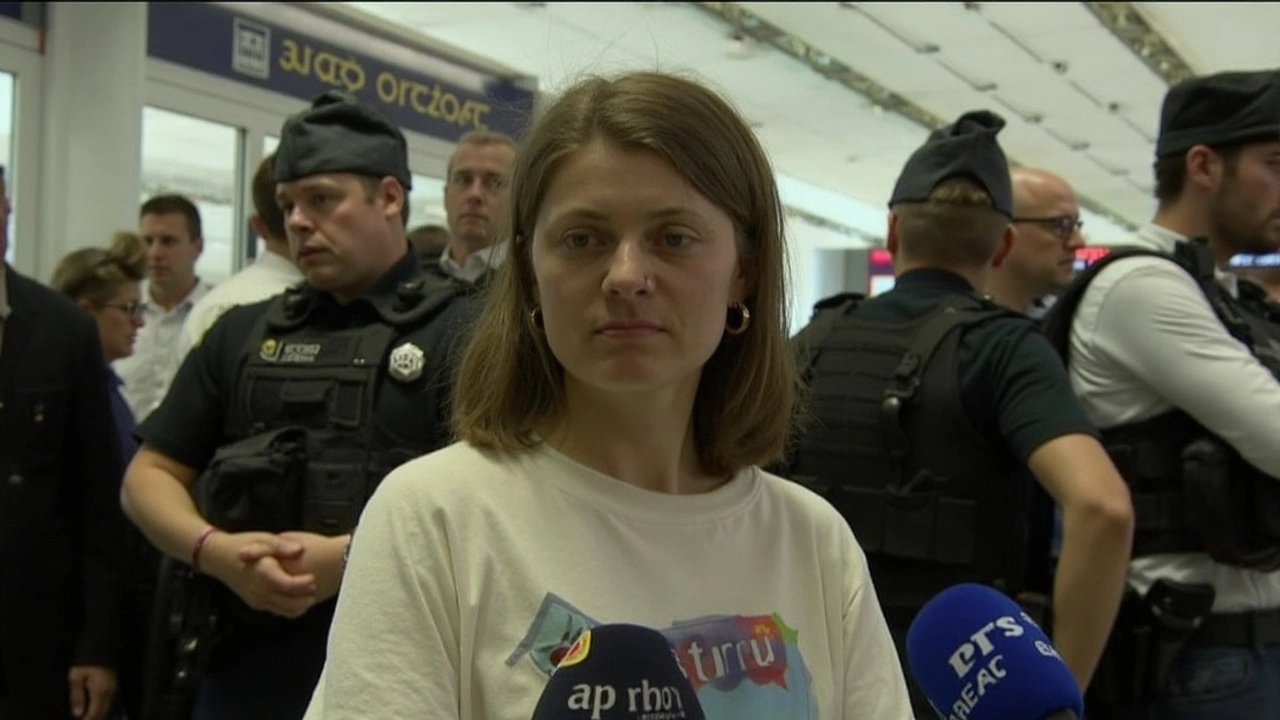High-Profile Deportation After Aid Mission Intercepted
A picture can sometimes say more than a thousand words. That’s exactly what Israel tried to do when it released an image showing climate activist Greta Thunberg being escorted out of the country—her destination, Sweden, just hours after Israeli forces intercepted the aid boat Madleen she and others were aboard. The vessel’s journey, meant as a push to deliver food and baby supplies into Gaza, ended abruptly in Ashdod port when Israeli forces diverted it as it neared the Gaza coast.
Thunberg labeled the move an “illegal act” and wasted no time pointing the finger at Israeli authorities for blocking vital relief from reaching people inside the besieged strip. Alongside her were eleven others, including activists and a journalist. Most of the group, held briefly, found themselves at the center of a diplomatic storm. While Thunberg and two companions agreed to deportation, others—those who refused—were left in Israeli detention, their fate uncertain.
Legal advocates from Adalah, a civil rights group based in Israel, vouched for Thunberg’s expedited departure. Meanwhile, the Freedom Flotilla Coalition, the organizing group behind the mission, called the detentions “unjust” and insisted both the release of their people and the return of the aid were non-negotiable. They cited international law, arguing Israel had no right to stop or seize peaceful humanitarian missions like theirs.

Gaza Tensions and a Mounting International Backlash
This wasn’t just about an intercepted boat. The international spotlight was also shining on Gaza itself. As news of Thunberg’s deportation broke, reports from Gaza City’s al-Tuffah neighborhood indicated a deadly attack had taken the lives of three medics. Hamas called the strike a “war crime,” fueling outrage already burning from yet another incident: seventeen Palestinians killed and many more hurt near a humanitarian aid site during an Israeli military raid in central Gaza. Local health teams were left scrambling, and civilian casualties piled up, adding urgency and gravity to what Thunberg and her colleagues were attempting: getting supplies like rice, flour, and baby formula to those trapped by war.
Human rights watchdogs didn’t mince words. Amnesty International said Israel’s behavior—both on land and at sea—was a clear violation of international norms. Still, the Israeli military insisted their operations followed legal guidelines and that the Gaza aid distribution zone was designated as off-limits for safety. Investigations, they said, would be launched, but many see this as cold comfort for those who lost loved ones or were left without help.
The incident also stirred politicians in London. The Madleen flew a UK flag, prompting pressure on Downing Street from the UN’s special rapporteur on Palestinian rights. The plea was direct: Britain, take action. For many, the boat’s seizure and Thunberg’s ouster weren’t just another diplomatic incident—they symbolized the larger struggle over how, when, and whether much-needed humanitarian relief can get to people who need it most, even in the world’s most watched conflicts.

Arlen Fitzpatrick
My name is Arlen Fitzpatrick, and I am a sports enthusiast with a passion for soccer. I have spent years studying the intricacies of the game, both as a player and a coach. My expertise in sports has allowed me to analyze matches and predict outcomes with great accuracy. As a writer, I enjoy sharing my knowledge and love for soccer with others, providing insights and engaging stories about the beautiful game. My ultimate goal is to inspire and educate soccer fans, helping them to deepen their understanding and appreciation for the sport.
view all postsWrite a comment